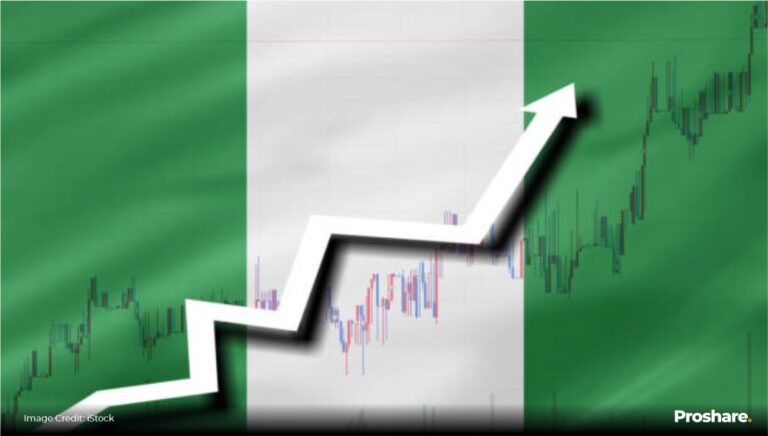The Nigerian economy recorded a 3.46 per cent year-on-year growth in Gross Domestic Product during the third quarter of this year.
The National Bureau of Statistics (NBS) said in its latest GDP report released on Monday in Abuja that the growth represented an improvement over the 2.54 per cent recorded in the same period of 2023 and a slight increase from 3.19 per cent in the preceding quarter.
It attributed the growth largely to the oil sector as well as the continued expansion in non-oil activities, particularly services and agriculture.
“Nigeria’s Gross Domestic Product grew by 3.46 per cent (year-on-year) in real terms in the third quarter of 2024.
“This growth rate is higher than the 2.54 per cent recorded in the third quarter of 2023 and also surpasses the second quarter of 2024, which saw a growth of 3.19 per cent.
“The performance of the GDP in the third quarter of 2024 was mainly driven by the Services sector, which recorded a growth of 5.19 per cent and contributed 53.58 per cent to the aggregate GDP,” the report said.
According to the report, the oil sector posted a real growth of 5.17 per cent in Q3 2024, rebounding significantly from a contraction of -0.85 per cent recorded in the same quarter of the previous year.
It explained that the average daily oil production increased to 1.47 million barrels per day (mbpd), up from 1.45 mbpd in Q3 2023 and 1.41 mbpd in Q2 2024.
The sector’s contribution to overall GDP stood at 5.57 per cent, reflecting its enduring significance to the Nigerian economy despite the diversification efforts, while the non-oil sector continued to dominate, contributing 94.43 per cent of GDP in real terms and achieving a growth rate of 3.37 per cent.
According to the report, it marked an improvement over the 2.75 per cent recorded in Q3 2023 and 2.80 per cent in Q2 2024.
It explained that the key drivers of growth included financial institutions, telecommunications, agriculture, transportation, and construction, highlighting the importance of economic diversification.
The services sector emerged as the most significant, contributor to aggregate GDP, growing by 5.19 per cent and accounting for 53.58 per cent of total GDP, while the Telecommunications and Information Services played a pivotal role, reflecting increasing digitalisation and rising demand for connectivity.
GIK/APA


